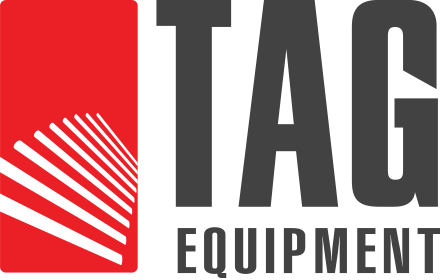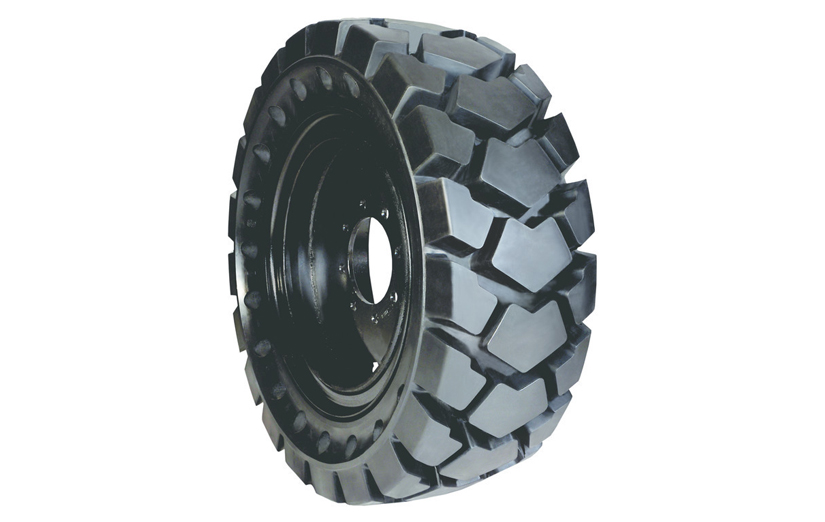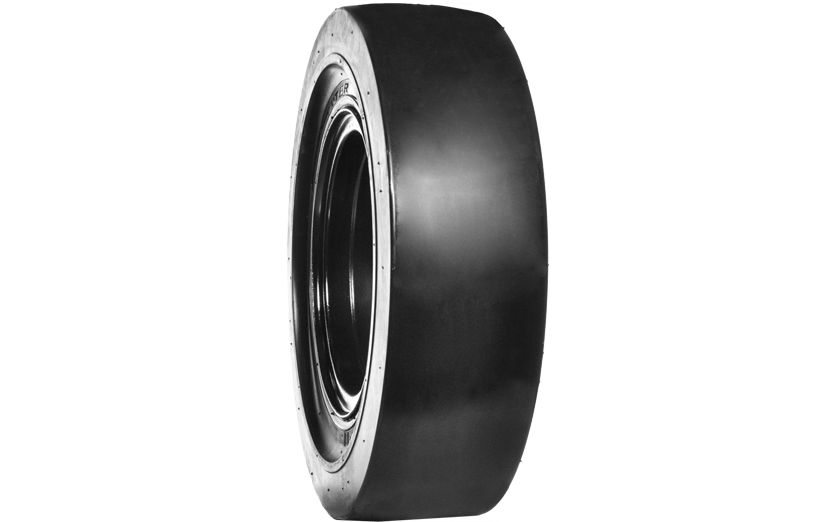Skid steer loaders (SSLs) are versatile machines used across various industries for different tasks. The effectiveness of an SSL largely depends on its tires, as they influence the machine’s traction, durability, and overall operational cost. When considering skid steer tires & rims, one critical aspect to examine is tread depth. Let’s dive into the pros and cons of opting for extra-deep skid steer tires, solid tires, and the significance of aperture holes in solid skid steer tires.
The Pros of Extra-Deep Skid Steer Tires
Tread Depth for Traction
One of the most immediate benefits of extra-deep tread tires is the enhanced traction they provide. This is particularly noticeable in challenging conditions such as mud, snow, or uneven terrain. The deeper treads dig into the surface, offering a firmer grip and reducing slippage. This improves the skid steer’s stability and control and contributes to more efficient fuel usage since less power is wasted on wheel spin. Enhanced traction is vital for safety, especially when operating on slopes or handling heavy loads.
Longer-Lasting Tires
The durability of skid steer tires is a key consideration, given the varied and often harsh conditions under which these machines operate. Extra-deep treads mean the tire has more material to wear down before the tread becomes too shallow to be effective. This translates to a longer service life, making these tires a cost-effective option over time. Additionally, the extended lifespan of the tires means fewer replacements, reducing the machine’s downtime and keeping it operational when needed most.
Improved Puncture Resistance
The construction site has hazards that can cause tire damage, from sharp rocks to metal debris. Due to their thicker tread depth, extra-deep skid steer tires offer improved puncture resistance. This added layer of protection can be the difference between a tire that withstands incidental contact with a sharp object and one that suffers a puncture. The result is savings on tire replacements and minimized operational disruptions.
Low Total Cost of Ownership
While extra-deep skid steer tires might have a higher upfront cost than standard tires, their longer lifespan and reduced vulnerability to damage often result in a lower total cost of ownership. This is a crucial factor for businesses looking to maximize the return on their investment in skid steer loaders. Operators can significantly reduce the long-term costs associated with tire maintenance and replacement by opting for tires that last longer and require fewer replacements.
The Cons of Extra-Deep Tires
Not Suitable for All Conditions
The very feature that makes extra-deep tires ideal for rough, uneven, or soft terrains can become a disadvantage on hard, smooth surfaces. Deep treads can reduce the contact area between the tire and the ground on these terrains, leading to less stability and control. This can make precise maneuvering more challenging and potentially reduce the efficiency of completing tasks. It’s crucial to assess the primary working conditions of your skid steer loader to determine if the benefits of extra-deep treads align with your operational needs.
High Speeds and Long Distances
Skid steer loaders equipped with extra-deep tread tires may also face limitations when used for tasks requiring high speeds or travelling long distances, particularly on hard surfaces. The increased rolling resistance associated with the deeper treads can lead to higher fuel consumption, as more energy is required to maintain speed. Additionally, the extra depth can contribute to faster wear when used extensively on abrasive surfaces like concrete or asphalt, potentially negating some of the lifespan benefits these tires offer in other conditions.
Importance of Aperture Holes on Solid Skid Steer Tires
Solid skid steer tires with aperture holes offer a compromise between the puncture resistance of solid tires and the comfort of pneumatic tires. These apertures help:
Prevent Damage to the Machine
Aperture holes in solid skid steer tires are designed to prevent damage to the skid steer loader by absorbing shocks and vibrations that occur during operation. This shock absorption capability is crucial when navigating rough, uneven terrain or engaging in tasks involving heavy or abrupt movements. By reducing the transmission of these forces to the machine, aperture holes help extend the life of the skid steer’s components and maintain its structural integrity over time.
Reduce Operator Fatigue and Injury
Operating heavy machinery like skid steer loaders can be physically demanding, particularly over long periods or in challenging conditions. The vibrations and shocks transmitted through the machine can lead to operator discomfort, fatigue, and even long-term health issues related to vibration exposure. Aperture holes mitigate these effects by providing a cushioning effect, enhancing operator comfort and allowing for longer, more productive working sessions.
What Makes an Effective Aperture Hole?
The effectiveness of aperture holes in solid skid steer tires depends on several factors:
- Aperture Depth and Size: Optimal depth and size ensure adequate shock absorption without compromising the tire’s structural integrity.
- Number of Aperture Holes: A sufficient number of holes evenly distributed across the tire helps maintain balance and performance.
- Design, Shape, and Compound: Variances in these aspects can significantly impact the tire’s ability to cushion and provide a comfortable ride.
Get the Best Pneumatic or Flat-Proof Tires for Every Make and Model
Choosing the right skid steer tires involves balancing these factors against your specific needs. Whether you require pneumatic, flat-proof, or solid tires with specific rim types, Tag Equipment offers a comprehensive selection tailored for every make and model. Their expertise ensures you get the best fit for your application, enhancing your SSL’s performance and operational efficiency.
For more information on skid steer tires and rims, including steel rims, flat-proof tires, solid tires, and no-air skid steer tires, visit Tag Equipment’s solid tires page. If you need personalized advice or have specific questions, contact us. With the right tires, your skid steer loader will be equipped to tackle any challenge, maximizing efficiency and productivity on the job site.
Also Read:


